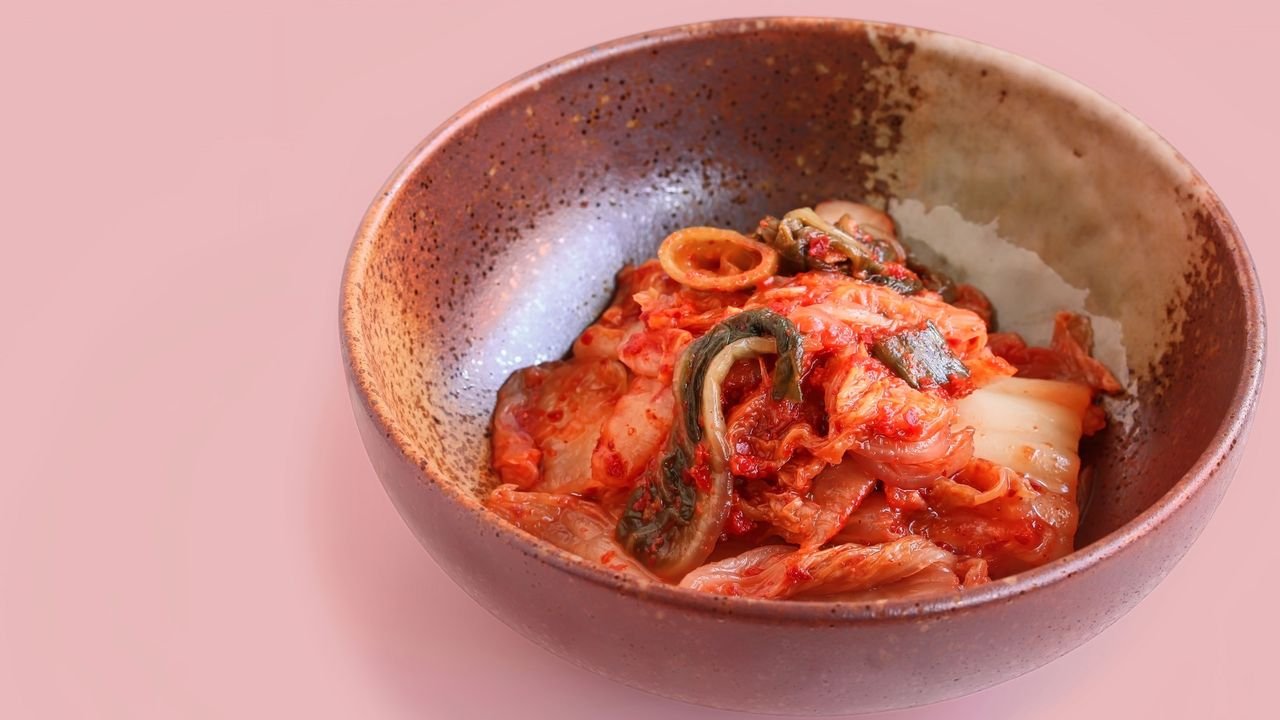Introduction Why Fermented Foods Matter
Fermented foods are one of humanity’s oldest food preservation methods, yet they are more relevant today than ever. In ancient times, fermentation allowed communities to survive long winters and famines by preserving vegetables, grains, and dairy. In modern science, these same foods are recognized as functional foods—items that go beyond nutrition to actively improve health.
The growing awareness of gut health, probiotics, and the microbiome has pushed fermented foods into the spotlight. They are no longer seen as simple cultural traditions but as powerful contributors to digestion, immunity, mental health, and long-term wellness.
The Ancient Origins of Fermentation
The roots of fermentation date back thousands of years. Archeological evidence shows that fermented beverages were consumed in China as early as 7000 BCE. Ancient Egyptians brewed beer and leavened bread, while the Greeks and Romans relied on wine and olives preserved in brine.
- Korea’s kimchi has been a dietary staple for over 2000 years, evolving from simple salted vegetables to the probiotic-rich versions we know today.
- African cultures have long prepared fermented sorghum and millet porridge.
- In South America, chicha, a fermented maize drink, was central to festivals and rituals.
This global spread highlights that fermentation was not limited to one culture—it was a universal human discovery, proving essential for survival and nutrition.
Science Behind Fermented Foods and Gut Health
Probiotics and the Microbiome
The gut microbiome contains trillions of bacteria that influence digestion, immunity, and even mood. Fermented foods like yogurt, kefir, and kimchi provide live probiotic strains that restore microbial balance.
Enzymes and Nutrient Absorption
Fermentation pre-digests food, breaking down complex compounds into more absorbable nutrients. For example:
- Soybeans become easier to digest in miso or tempeh.
- Fermented dairy reduces lactose, making it tolerable for lactose-sensitive individuals.
Immune System Support
Nearly 70% of the immune system resides in the gut. A balanced microbiome, fueled by probiotics, enhances the body’s ability to fight infections and regulate inflammation.
Popular Types of Fermented Foods Around the World
Yogurt and Kefir
Rich in calcium, protein, and probiotics, yogurt and kefir are global staples. Kefir contains up to 30 different bacterial strains, making it more diverse than regular yogurt.
Sauerkraut and Kimchi
Both are fermented cabbage dishes, but with different cultural twists. Kimchi includes garlic, chili, and ginger, offering both probiotic and antioxidant benefits.
Kombucha and Fermented Teas
A sweet tea fermented with a SCOBY (Symbiotic Culture of Bacteria and Yeast), kombucha is rich in probiotics and organic acids believed to aid detoxification.
Tempeh Miso and Soy Based Ferments
Fermented soy foods improve protein digestibility and contain isoflavones, compounds linked to heart and bone health.
Pickles and Traditional Brines
Unlike vinegar-based pickles, naturally fermented brined pickles are alive with probiotic cultures. They are an excellent introduction for beginners to fermentation.
Fermented Foods in Traditional Healing Systems
Ayurveda
Indian traditions use fermented buttermilk, idli, and dosa to balance digestion and energy.
Traditional Chinese Medicine
Fermented soy, teas, and vinegars are used to restore balance in qi (life energy).
Indigenous Practices
From African ogi (fermented porridge) to Native American acorn fermentations, fermentation was linked to both nourishment and healing.
Fermented Foods and Mental Health
The Gut Brain Axis
Scientific research confirms that gut bacteria produce neurotransmitters like serotonin, directly influencing mood.
Fermentation and Mood Regulation
Studies suggest that probiotics may lower stress and anxiety levels, offering a natural approach to mental well-being.
Fermentation as a Sustainable Food Practice
Fermentation prevents food waste by preserving harvests for months. It requires minimal energy, unlike freezing or canning, making it an eco-friendly solution.
How to Incorporate Fermented Foods into Daily Life
- Start your day with kefir or yogurt.
- Add sauerkraut or kimchi as a side dish.
- Replace soda with kombucha.
- Experiment with miso soups or tempeh stir-fries.
Small daily servings are enough to build gut resilience.
Common Misconceptions About Fermented Foods
- Myth: All pickles are fermented.
- Fact: Only salt-brined pickles naturally ferment; vinegar-based ones do not contain probiotics.
- Myth: Fermented foods are unsafe.
- Fact: When prepared properly, they are among the safest preservation methods.
Safety Tips and Best Practices in Fermentation
- Always use sterilized jars.
- Maintain temperatures between 65–75°F (18–24°C) for best microbial activity.
- Watch for mold; white film (kahm yeast) is normal, but fuzzy growth is not.
Case Studies Modern Science Validating Ancient Wisdom
- A 2019 study in Nutrients found that daily consumption of kimchi improved gut microbial diversity.
- Yogurt consumption has been linked to reduced risk of type 2 diabetes in large-scale studies.
- Kombucha’s organic acids show promise in improving liver detoxification, though more human trials are needed.
The Future of Fermented Foods in Nutrition and Wellness
Fermentation is entering the biotech era. Companies are now:
- Developing personalized probiotics based on genetic testing.
- Creating fortified fermented beverages with added vitamins.
- Exploring fermentation as a sustainable protein alternative (lab-based tempeh and cultured dairy).
Table of Contents
Case Studies: Modern Science Validating Ancient Wisdom
Introduction: Why Fermented Foods Matter
The Ancient Origins of Fermentation
Science Behind Fermented Foods and Gut Health
3.1 Probiotics and the Microbiome
3.2 Enzymes and Nutrient Absorption
3.3 Immune System Support
Popular Types of Fermented Foods Around the World
4.1 Yogurt and Kefir
4.2 Sauerkraut and Kimchi
4.3 Kombucha and Fermented Teas
4.4 Tempeh, Miso, and Soy-Based Ferments
4.5 Pickles and Traditional Brines
Fermented Foods in Traditional Healing Systems
5.1 Ayurveda
5.2 Traditional Chinese Medicine
5.3 Indigenous Practices
Fermented Foods and Mental Health
6.1 The Gut-Brain Axis
6.2 Fermentation and Mood Regulation
Fermentation as a Sustainable Food Practice
How to Incorporate Fermented Foods into Daily Life
Common Misconceptions About Fermented Foods
Safety Tips and Best Practices in Fermentation
The Future of Fermented Foods in Nutrition and Wellness
Conclusion
Conclusion
Fermented foods are a timeless gift from the past that continue to shape our future health. From supporting digestion to boosting immunity and mental wellness, they embody the perfect blend of tradition and science. By adding even small portions of yogurt, kimchi, sauerkraut, or kombucha into your meals, you nurture your microbiome and embrace a natural path to vitality. The journey of fermentation is not only about food preservation—it is about preserving life and well-being.

